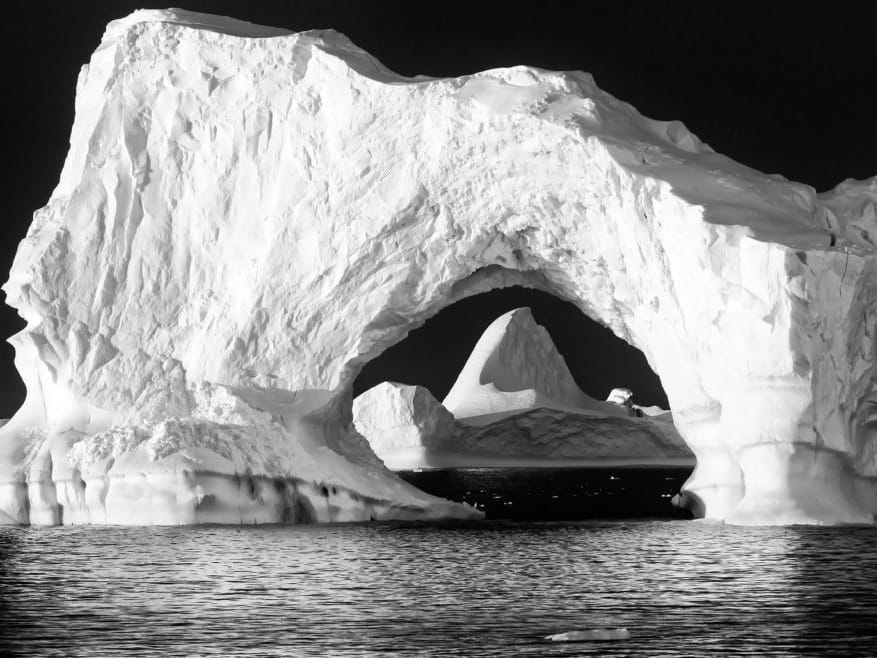Coastal flooding along with huge losses of ice and snow are becoming more extreme as oceans warm and acidify while frozen parts of the planet melt faster, the Nobel Prize-winning U.N. climate panel reported on Wednesday.
The United Nations’ Intergovernmental Panel on Climate Change, or IPCC, concluded in its first major report to focus on water that huge changes already are occurring around the 71% of the planet covered by oceans and 10% covered in ice and snow, known as the cryosphere.







